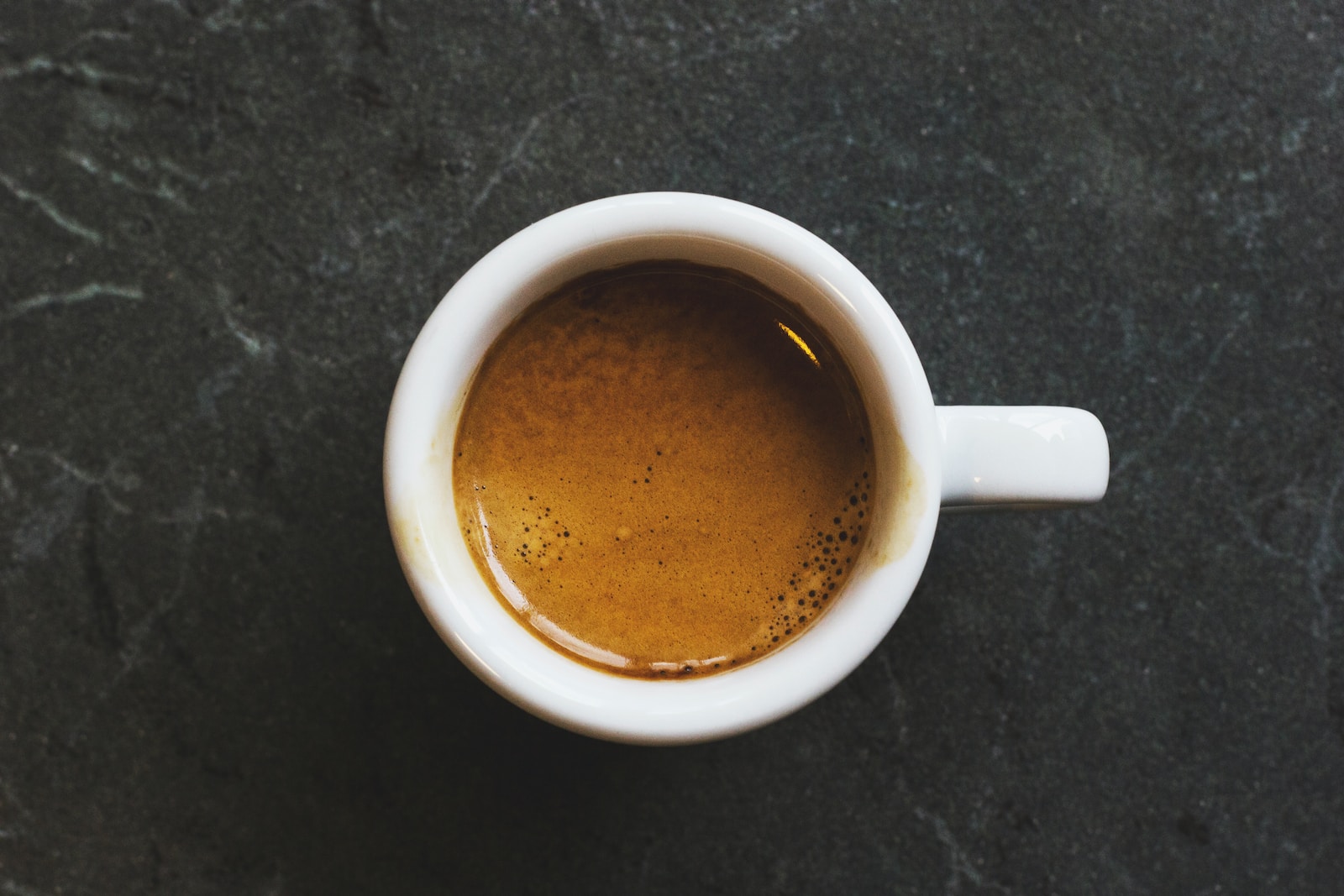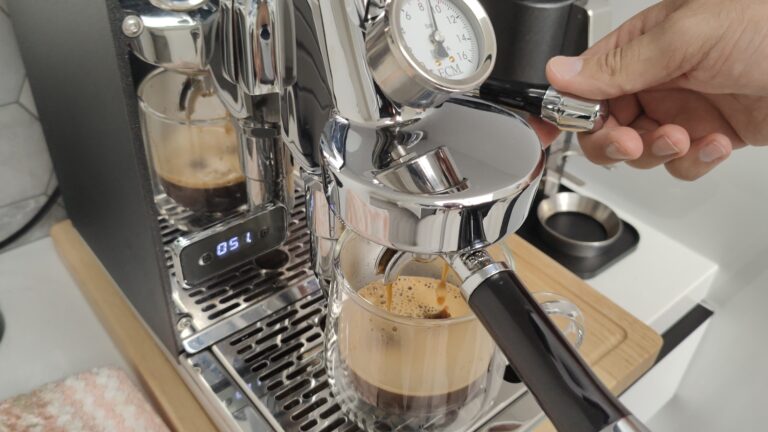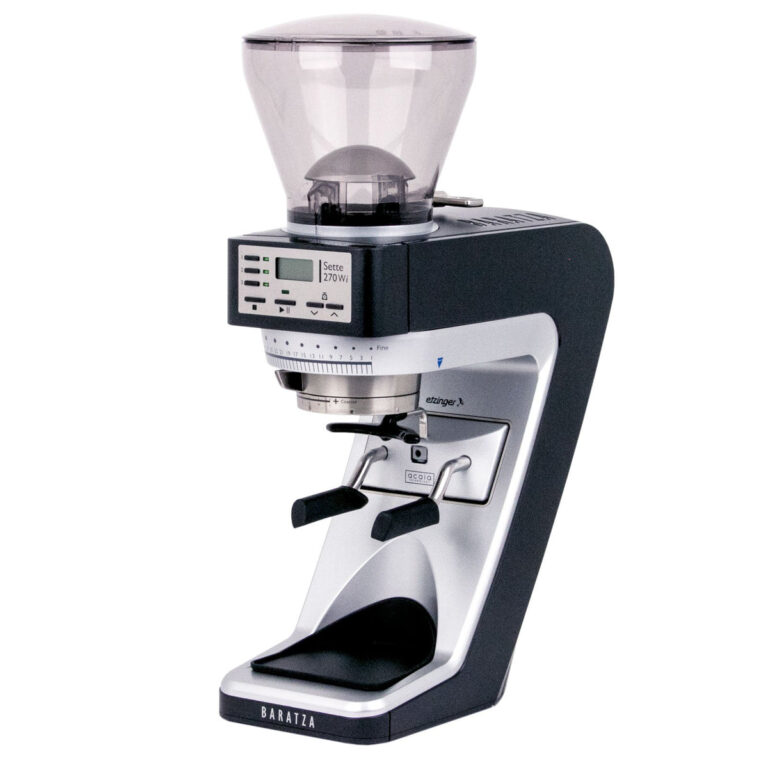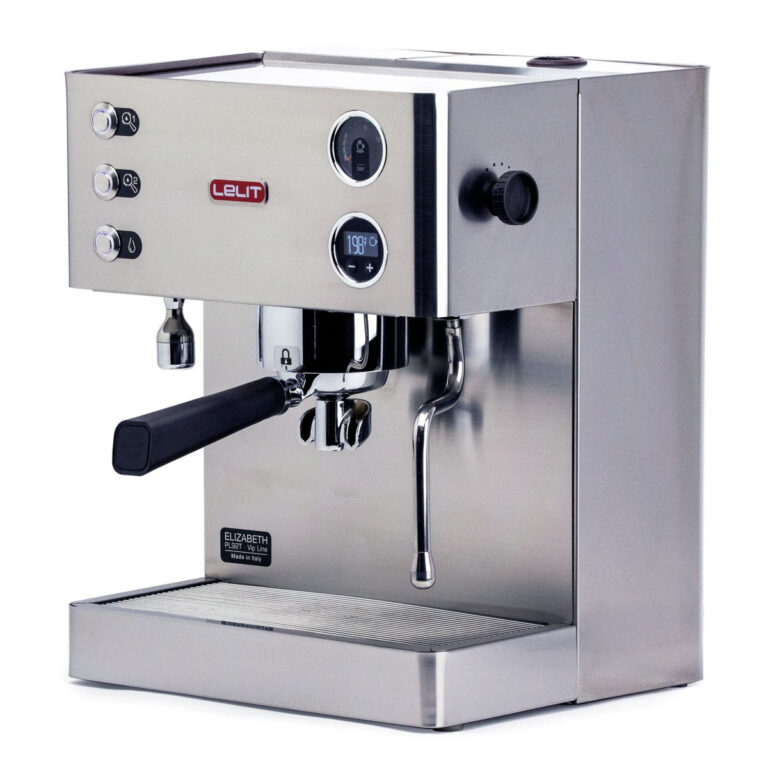Your coffee is made up of more that 90% water. A lot of what your coffee tastes like comes from the water you use to brew your coffee. Lets find out why coffee brewing water is so important to the taste of coffee!
Another consideration is the machine you use to make your coffee, not using the correct type of water may damage your machine overtime. Using hard and unfiltered tap water may cause lime scale buildup and cause you to have to descale your machine very often. And, using the cleanest RO filtered water may cause metal degradation to occur.
So what water is best? When it comes to coffee brewing water, you need to use water that has some minerals. This prevents the water from eating into the metals in your machine and adds taste to your coffee! I found that using certain bottled water is best. After reading quite a bit about this subject, I decided to give Fiji water a try. I was left amazed at how much of a difference it had made to the taste of my coffee!
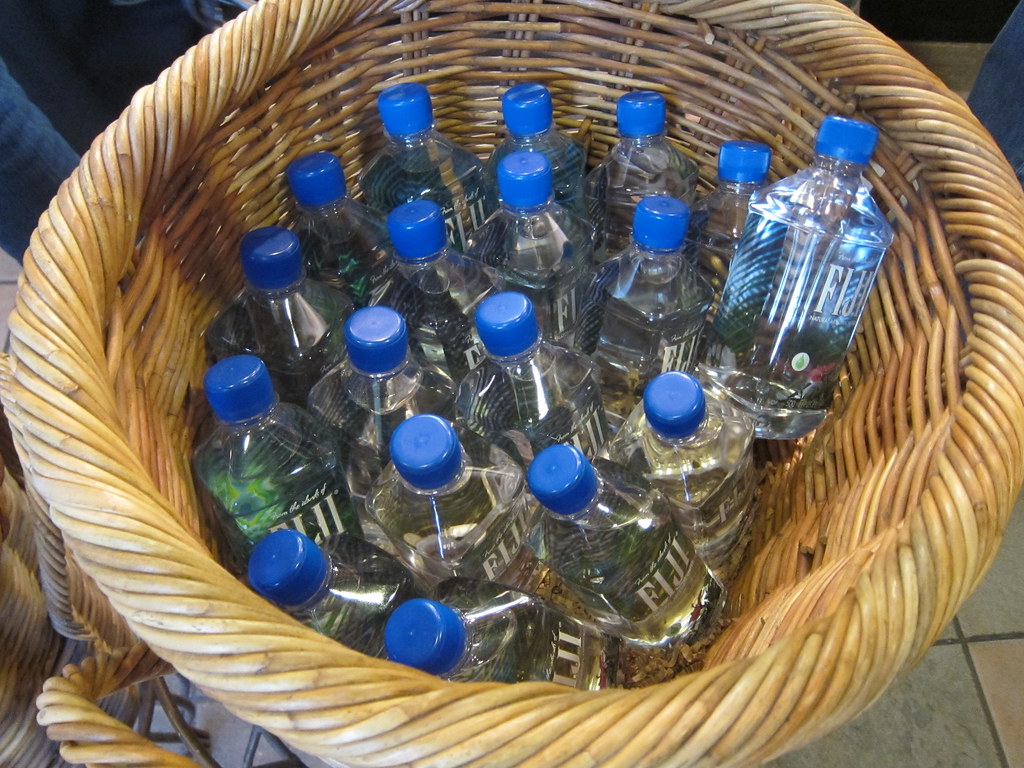
After using Fiji water to brew my coffee, my coffee tastes much less acidic and did not leave a bitter aftertaste in my mouth. And with elements of calcium, magnesium, and bicarbonates in the water, it would not eat away at the metals in my coffee machine.
Why you should not use RO water?
Reverse osmosis (RO) water, which has had most of its impurities and minerals removed through a filtration process, is not necessarily “bad” for brewing coffee, but it can have some drawbacks for coffee brewing, depending on the specific circumstances and preferences of the brewer. Here are a few reasons why RO water might not be ideal for coffee brewing:
- Lack of Minerals: RO water is typically stripped of most minerals, including calcium and magnesium, which are essential for the extraction of flavors in coffee. These minerals play a crucial role in the brewing process by interacting with coffee grounds to help extract the desirable compounds, oils, and flavors from the coffee. Without these minerals, the coffee can taste flat and dull.
- pH Level: RO water tends to have a neutral pH, which may not be ideal for coffee brewing. The pH of water can affect the solubility of various compounds in coffee. Water that is too neutral can lead to under-extraction or over-extraction, resulting in a less balanced and less flavorful cup of coffee.
- Taste Sensitivity: Coffee is a complex beverage with a wide range of flavors and aromas. Some people may find that RO water accentuates certain flavor characteristics in coffee, which can be a positive or negative depending on personal preferences. For some, RO water may bring out the acidity and brightness of coffee, while for others, it may mute the flavors.
- Consistency: RO water can vary in mineral content depending on the specific RO system and source water. This inconsistency can make it challenging to achieve consistent and repeatable results in coffee brewing.
To address these issues, some coffee enthusiasts and professionals prefer to use water with a specific mineral profile and pH that complements the coffee beans they are using. This might involve adding back some minerals or adjusting the pH of the water to achieve the desired brewing characteristics.
Continue Reading…
The Best Espresso Process
Follow along with these basic steps to espresso making perfection!
Espresso Grinders
Best bang for the buck espresso grinders! Either of these 3 coffee grinders are guerantied to make better espresso!
Compact Espresso Machines
Great espresso machines that take up less counter depth! Check out these excellent compact espresso machines!

